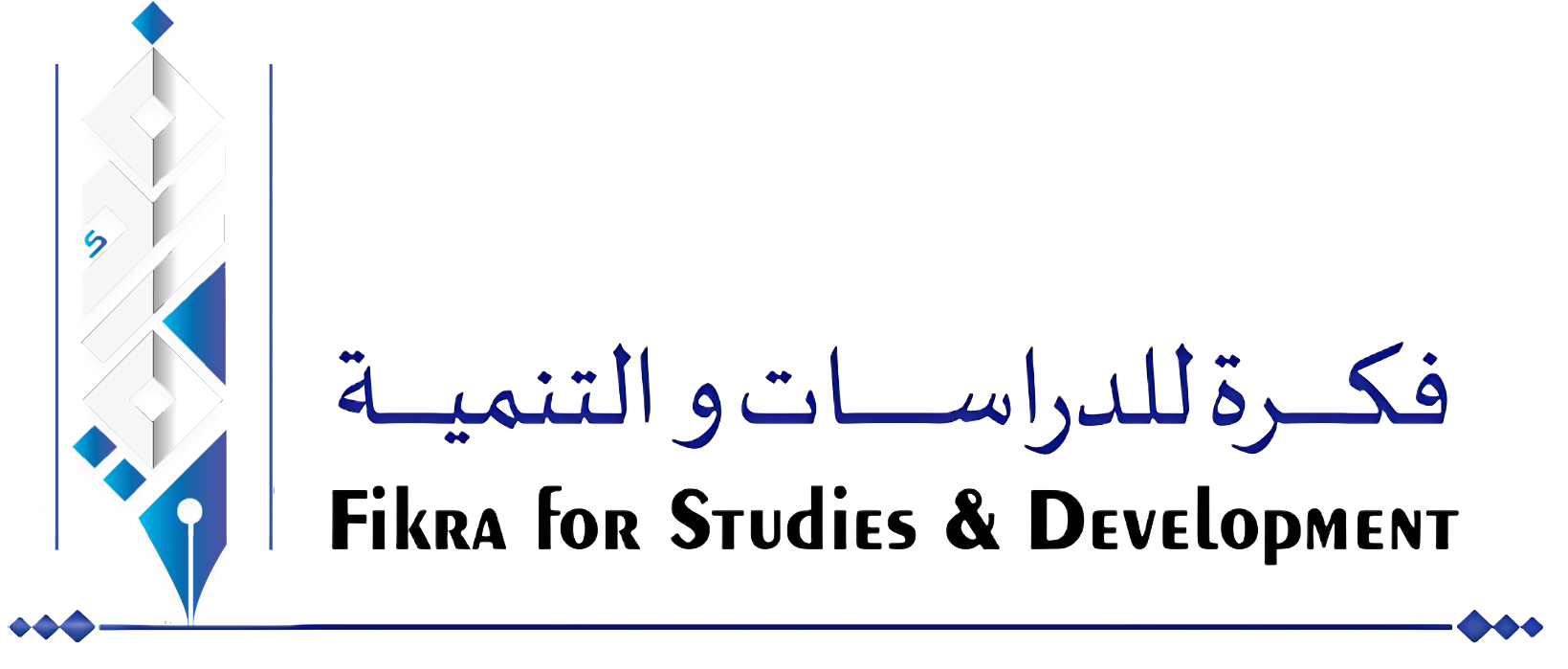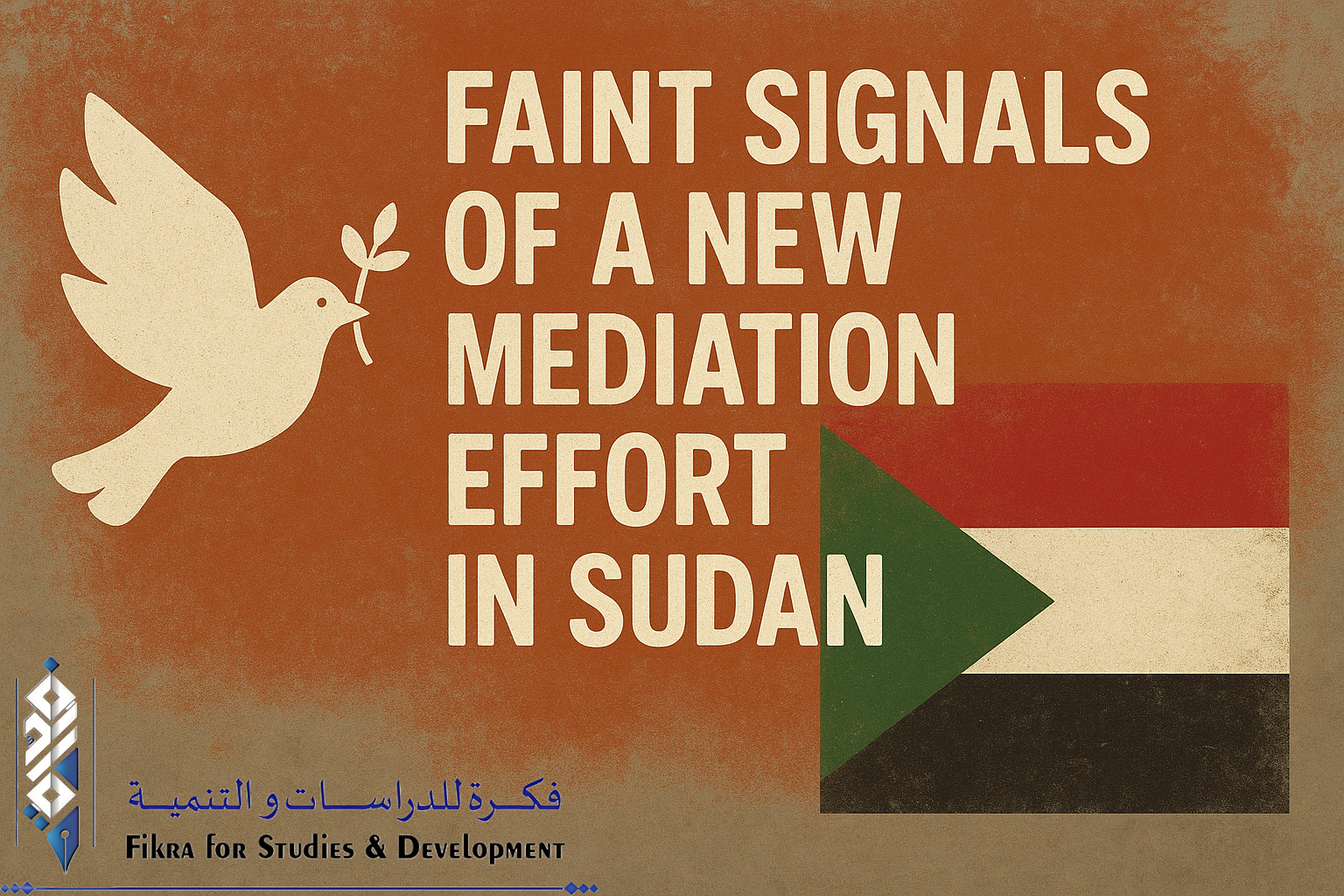Faint Signals of a New Mediation Effort in Sudan
Faint Signals of a New Mediation Effort in Sudan
Dr. Elshafie Khider Saeed
7 July 2025
The Sudanese conflict is neither a zero-sum struggle nor a contest that can be resolved solely through military means. Its outcomes depend heavily on technological investments and the extent of regional and international support for the warring parties. Even if states supporting the Rapid Support Forces (RSF) reduce their backing, the RSF’s financial resources could sustain its operations for months, if not years. Without a genuine political resolution, civilians remain the primary victims of this complex crisis. So concludes Ronald Marshall, a distinguished French political scientist and academic specializing in African affairs, in his analysis of a potential new mediation initiative in Sudan, as published in Africa Confidential. Renowned for his research on conflict, governance, and security in the Horn of Africa and countries such as Sudan, Chad, the Central African Republic, and Somalia, Marshall has frequently visited Sudan and forged extensive connections with its intellectuals and politicians. Since the early 1990s, I have had the privilege of engaging in stimulating intellectual exchanges with him.
Marshall questions the Trump administration’s grasp of Sudan’s crisis. On July 2, 2025, Massad Boulos, Trump’s advisor on African affairs, announced that Washington would soon host a meeting with the foreign ministers of Saudi Arabia, Egypt, and the United Arab Emirates to revive Sudan’s peace process. Boulos emphasized ongoing communication with Sudan’s warring factions and the urgent need to halt the conflict. Could this be the long-awaited breakthrough, delayed for months and yet to materialize? Marshall highlights a persistent stalemate, evident in the lack of progress during a June 3, 2025, meeting in Washington between U.S. Deputy Secretary of State Christopher Landau and the ambassadors of Saudi Arabia, Egypt, and the UAE. Landau subsequently withdrew from the Sudan portfolio, reassigned to bureaucratic duties. The impasse deepened when the Gulf Cooperation Council summit in Kuwait, held around the same time, failed to address Sudan in its statements, despite referencing other Middle Eastern crises.
Further disappointment followed the next week when Egypt proposed a meeting in Sharm el-Sheikh on June 10 to bridge differences between Abu Dhabi and Port Sudan. The initiative faltered due to preconditions set by the UAE, notably the reinstatement of the Abu Amama port deal, signed in December 2022 and canceled by Sudan in August 2024. Marshall finds Abu Dhabi’s position puzzling, suggesting that “the UAE may have been uninterested in genuine dialogue, imposing a condition unlikely to be accepted to remind Port Sudan’s leadership of unfulfilled financial commitments. Alternatively, it may have sought to compel the Sudanese army to acknowledge past errors as a prerequisite for talks. A less probable explanation is that economic interests primarily drive UAE policy in Sudan’s conflict. While observers agree that economic motives play a significant role in Abu Dhabi’s stance, few consider them the sole driver.”
Is there a link between Boulos’s announcement of the proposed quadrilateral meeting and the peace agreement between the Democratic Republic of Congo and Rwanda, signed in Washington on June 27, 2025? At the signing, U.S. Secretary of State Marco Rubio declared that, having addressed the Central African crisis, the Trump administration was ready to tackle Sudan’s. The Congo-Rwanda accord, despite its complexities, emerged from a multifaceted process involving U.S. efforts and Qatari influence. A similar approach might be attempted in Sudan, though it faces significant hurdles due to Gulf rivalries absent in Central Africa. This topic will be explored further in a forthcoming article.
Marshall draws attention to the disarray accompanying the recent restructuring of the U.S. State Department. Expertise in African and Sudanese affairs has suffered amid the politicized dismissal of seasoned diplomats and analysts. Landau’s withdrawal from the Sudan file, coupled with the neglect of critical insights from former U.S. envoy Tom Perriello—who resigned after Trump’s inauguration—illustrates this trend. Marshall observes that the Trump administration appears uninterested in the intricacies of Sudan’s ground realities, favoring swift solutions. If so, Washington will likely prioritize opening humanitarian channels and containing the crisis regionally. Though insufficient, such steps would be welcomed by most Sudanese, who have endured profound hardship over the past two years. Yet, this approach raises an unresolved challenge: the ability of each party to honor its commitments.
On the battlefield, Marshall notes that military developments present conflicting indicators of which side holds the upper hand. Despite acquiring advanced weaponry, the RSF has failed to seize El Fasher, incurring heavy losses in attacks against the army and joint forces. As the war’s dynamics become clearer, both sides seek to translate perceived military gains into political leverage. Port Sudan appointed a civilian prime minister after restructuring constitutional powers to favor the military, though the new premier may aim to transcend merely lending a civilian facade to military rule. Meanwhile, the “Tasis” alliance announced its leadership structure, appointing Hemedti as president and Abdulaziz al-Hilu as vice president to manage areas under its control. The “Sumoud” alliance, however, faces challenges following the defection of several members to “Tasis.” Marshall argues that while criticisms of both factions and their external backers may be legitimate, blanket condemnation of all parties will not pave the way for a new coalition dedicated to peace and civilian governance.


